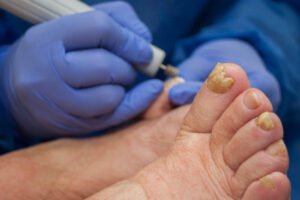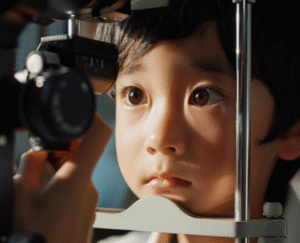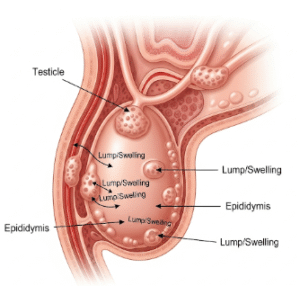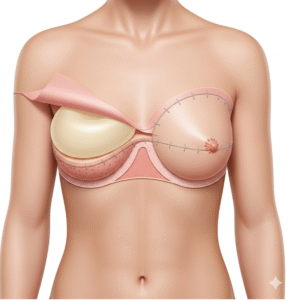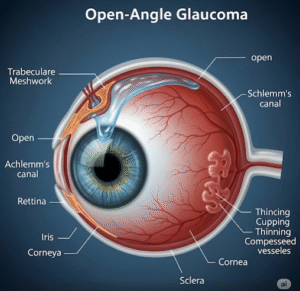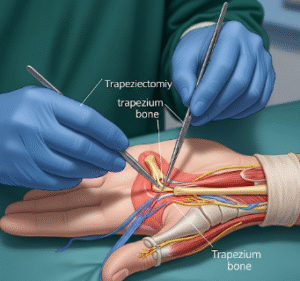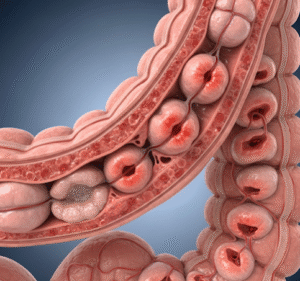Overview
Antisocial Personality Disorder (ASPD) is a chronic mental health condition characterized by a persistent pattern of disregard for the rights of others, deceitful behavior, impulsivity, and a lack of remorse. Individuals with ASPD often engage in manipulative, aggressive, or criminal behavior and have difficulties forming healthy relationships. It is one of the most challenging personality disorders to treat and is often diagnosed in adulthood, though signs may appear in childhood or adolescence.
What is Antisocial Personality Disorder?
Antisocial Personality Disorder is a psychiatric diagnosis under the cluster B personality disorders in the Diagnostic and Statistical Manual of Mental Disorders (DSM-5). People with ASPD consistently violate social norms and laws, lack empathy, and fail to conform to ethical behavior. The disorder is more common in men and often overlaps with other conditions like substance abuse or conduct disorder in youth.
ASPD is not just about occasional bad behavior—it involves deep-rooted behavioral patterns that persist over time.
Symptoms
Key symptoms of ASPD typically begin in childhood or early adolescence and continue into adulthood:
- Persistent lying, conning, or deceiving others
- Repeated unlawful acts (e.g., theft, assault, vandalism)
- Impulsivity and failure to plan ahead
- Aggressive behavior and repeated fights or assaults
- Reckless disregard for the safety of self or others
- Consistent irresponsibility (e.g., failing to sustain work or honor obligations)
- Lack of guilt or remorse for harm caused to others
- Difficulty maintaining relationships
Causes
ASPD likely arises from a complex combination of genetic, biological, and environmental factors:
- Genetic predisposition (family history of personality disorders or mental illness)
- Abnormalities in brain areas related to impulse control, emotion regulation, and moral reasoning
- Childhood trauma or abuse
- Neglect or unstable home environment
- Conduct disorder or oppositional defiant disorder in childhood
Risk Factors
- Male gender (ASPD is significantly more common in men)
- Childhood conduct disorder or oppositional behaviors
- Family history of antisocial or substance use disorders
- Exposure to abuse, neglect, or violence during early years
- Living in a dysfunctional family environment
- Socioeconomic disadvantage
Complications
- Substance abuse and addiction
- Legal problems, frequent arrests or incarceration
- Difficulty maintaining employment
- Risk of homelessness
- Domestic violence or child abuse
- Relationship breakdowns
- Increased risk of premature death due to reckless behaviors
Prevention
There is no sure way to prevent ASPD, but early intervention can reduce the risk or severity:
- Early diagnosis and treatment of conduct disorder or behavioral issues
- Positive parenting, supervision, and discipline during childhood
- Therapy or counseling for at-risk children and teens
- Addressing trauma and abuse promptly
- School and community support systems for behavioral development
Treatment Options in Korea
Treatment for ASPD in Korea involves a comprehensive and often long-term approach, combining psychiatric and psychological care, with close family or community support.
1. Psychiatric Evaluation
- Comprehensive mental health assessment
- Screening for co-occurring disorders (e.g., substance abuse, depression)
- Diagnosis based on DSM-5 or ICD-11 criteria
2. Psychotherapy
- Cognitive Behavioral Therapy (CBT): Helps develop impulse control and challenge harmful thinking patterns
- Dialectical Behavior Therapy (DBT): Used in some cases to improve emotional regulation and interpersonal effectiveness
- Group therapy may be used cautiously if risk of manipulation is low
- Long-term psychotherapy is often necessary
3. Medication
There are no specific medications approved for ASPD, but some may be used to manage symptoms:
- Antidepressants for mood stabilization
- Antipsychotics for aggression or impulsivity
- Mood stabilizers to reduce irritability or impulsive behavior
4. Substance Abuse Treatment
- Many individuals with ASPD have co-occurring addiction issues
- Integrated treatment programs with detox, rehab, and counseling
5. Social & Community Support
- Rehabilitation centers and psychiatric hospitals for high-risk individuals
- Family counseling and education
- Legal and employment support programs




